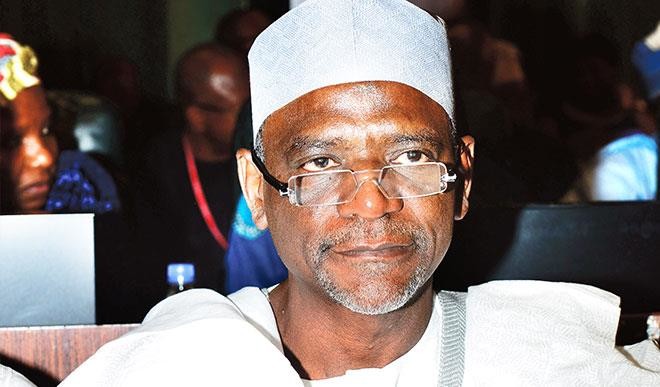Towards ending discrimination in our school system
The school system in Nigeria desperately need to be looked at as our schools are clearly divided along religious lines which can be seen in the dress code for Muslim and Christian girls in primary and secondary schools across the country. When we went to school in the 70s and 80s, Amina and Deborah; Aliyu […]


The school system in Nigeria desperately need to be looked at as our schools are clearly divided along religious lines which can be seen in the dress code for Muslim and Christian girls in primary and secondary schools across the country.
When we went to school in the 70s and 80s, Amina and Deborah; Aliyu and Michael were the same; we did everything together: ate, played and even shared clothes. Yet, we are now the ones that are encouraging segregation and discrimination among our children. Today, Muslim children are sent to Islam-based schools while Christian children go to Christian-based schools.
In instances were Christian and Muslim children attend the same schools one will clearly be able to distinguish the Muslim girls, as they are likely to be dressed in Hijabs, from the Christian girls, who are likely to have their heads not covered. This creates serious division among our children.
How do you think these children will view one another when they grow up since they have been divided right from when they are children?
To this end, I wish to advise relevant authorities that a uniform dress code be introduced for all our schools which should include a head-tie (for the girl students) since wearing of tie is not against both Islamic and Christian teachings. This will obviously encourage unity among our children who will grow up to see themselves as being the same.
Moreover, another source of division among our children has to do with the dichotomy between public and private schools, with the former viewed as inferior, for the children of the masses and have-nots while latter seen as superior, and the preserve of the children of the rich, powerful and influential in the society.
Hence the argument by someone that comparing the standards in private and public schools in Nigeria is like trying to compare Apple and Orange, which has no basis at all! For Nigeria as a country to end this discrimination, certain steps need to be taken including, first of all, ensuring that the curriculum in both private and public schools is the same and, secondly, the students of private and public schools across the country wear the same type of uniform.
In advanced countries, students of both private and public schools wear the same type of uniform, and only the color varies from one school to another, which helps to reduce discrimination among pupils of private and public schools, as they tend to see themselves as being equal.
Therefore, Nigeria should also adopt a similar policy by ensuring that students across the country wear the same or similar type of uniform in terms of the quality and design of the material which will go a long way in ending discrimination among the children of both the rich and the poor in our country, who will be made to feel the same since they wear the same type of uniform.
To ensure the policy succeeds, the federal government should ban the unfortunate importation of school uniform and task our now moribund indigenous textile companies with the responsibility of producing materials for uniforms which will definitely help create employment opportunities for our youth in both the textile and tailoring industries.
The government should also look into the curriculum of foreign-styled schools like the American, British and Turkish schools in Nigeria and ensure that their curriculum is integrated with that of Nigerian schools.
This is because not only children of expatriates attend such schools as our own children also attend them.
Also towards enhancing our school system, the federal government has to do something about the faith-based schools in the country, by establishing an agency under the federal ministry of education which will be manned by Islamic and Christian clerics and which should regulate the activities of Islamiyya schools and Christian-based schools including their curriculum so that our children will not be exposed to dangerous religious teachings that are contrary to our norms and values.
Aisha Ismail can be reached at [email protected]
